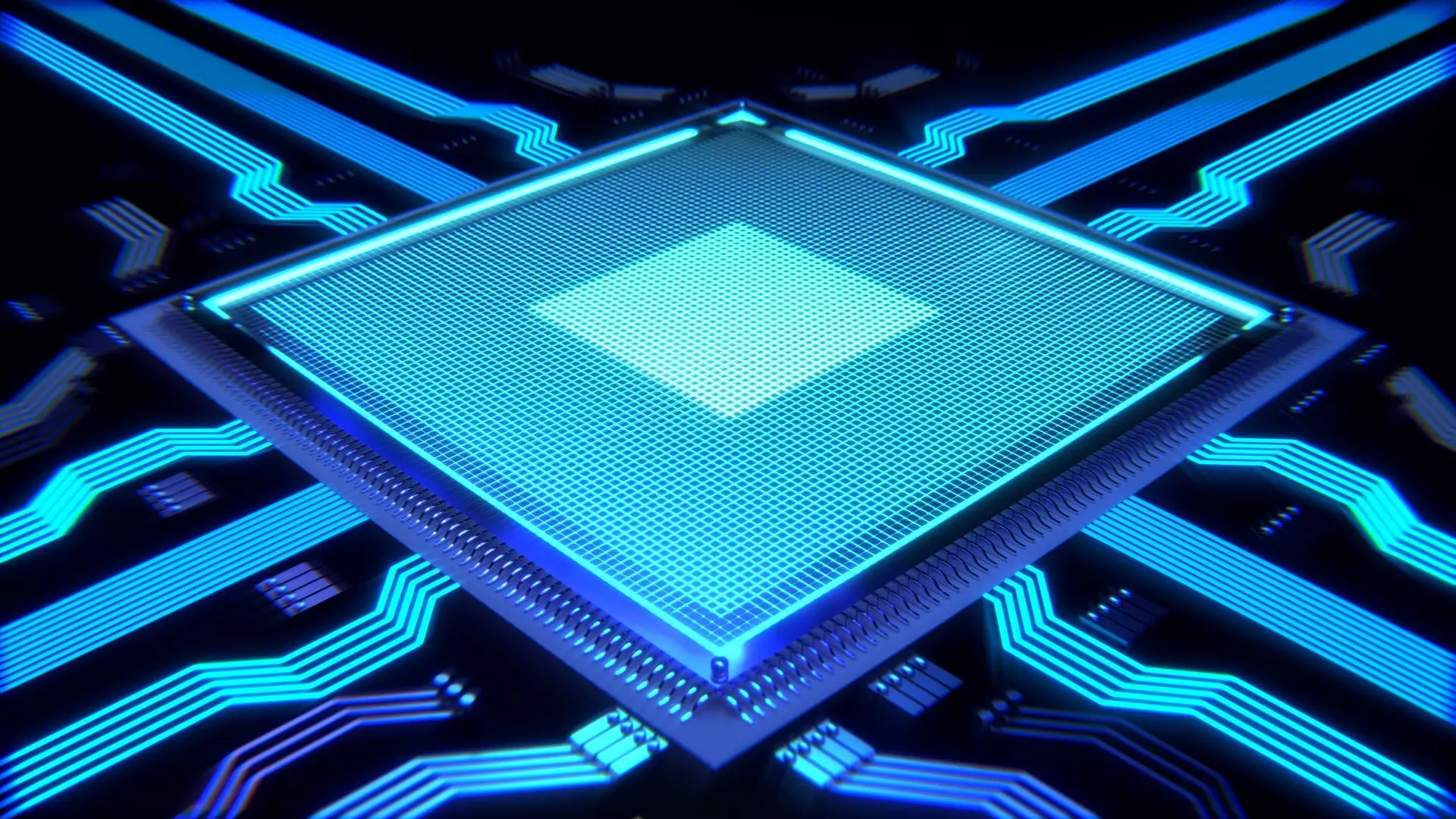In today’s technological landscape, computing has transitioned from being a luxury to a necessity in our day-to-day lives. Applications such as machine learning and 5G mobile networks have become commonplace, leading to a growing demand for high computing performance. As a result, the development of energy-efficient and cost-effective systems like chiplets has become crucial to ensure the smooth operation of these applications.
Chiplets are unpackaged dies that can be arranged into a package with other chiplets within a chip. Each chiplet is designed to perform a specific function, creating a modular approach to computing design. With a library of chiplets to choose from, these components are assembled in a package and connected through a die-to-die interconnect scheme.
As the demand for computing performance continues to rise, the complexity of on-package routing density and data rates of high-speed interchiplet links has increased. This has led to more intricate signal and power integrity issues compared to traditional monolithic chips. Jingtong Hu, an associate professor at the University of Pittsburgh, highlights the need for more efficient analysis and validation tools to support the robust design of chiplet-based systems.
To address the challenges of signal-power integrity co-analysis in high-speed interchiplet links, Hu and his team have developed SPIRAL. This framework builds equivalent models for the links using a machine-learning based transmitter model and an impulse response based model for the channel and receiver. By co-analyzing signal and power integrity with a pulse response based method, SPIRAL offers a more accurate and efficient solution compared to existing tools like SPICE.
SPIRAL represents a significant advancement in the field of computing design, specifically for chiplet-based systems. With the increasing complexity of applications and the need for enhanced computing performance, tools like SPIRAL will play a crucial role in shaping the future of high-performance systems. As technology continues to evolve, the development of innovative solutions like chiplets will drive the next generation of computing capabilities.


Leave a Reply